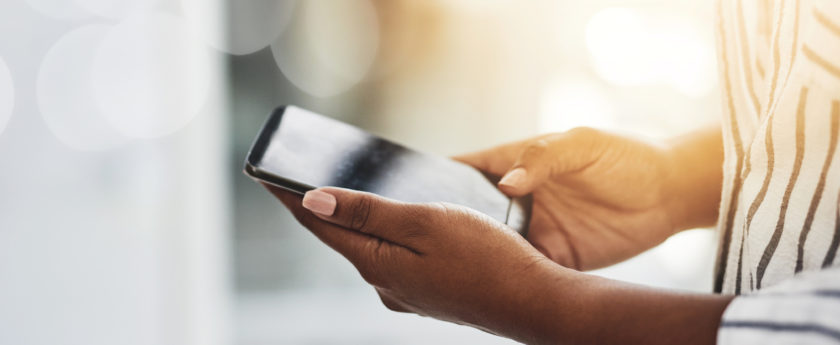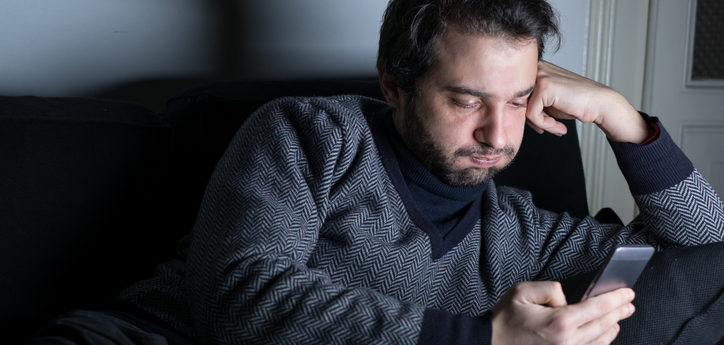Researches Determine that Blue Light Discourages Sleep
Studies have shown for a while that blue light from electronic devices disrupts the body’s natural circadian rhythm and cause sleep disorders and problems. Researchers from the University of Manchester in England have been studying the spectrum of blue light to determine what specific shade impacts the sleep cycle. The most recent study determines that cyan blue light, which falls between a green and blue hue, decreases the production of melatonin, the hormone involved in sleep. Cyan is also used [...continue reading]







